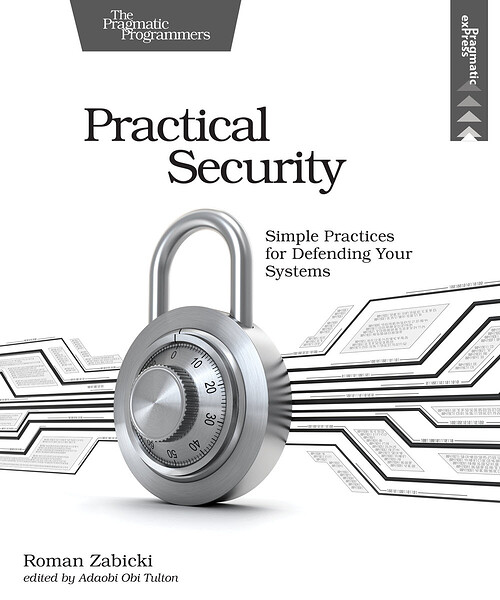Roman Zabicki @roman
edited by Adaobi Obi Tulton @aotulton
Computer security is a complex issue. But you don’t have to be an expert in all the esoteric details to prevent many common attacks. Attackers are opportunistic and won’t use a complex attack when a simple one will do. You can get a lot of benefit without too much complexity, by putting systems and processes in place that ensure you aren’t making the obvious mistakes. Secure your systems better, with simple (though not always easy) practices.
Plan to patch often to improve your security posture. Identify the most common software vulnerabilities, so you can avoid them when writing software. Discover cryptography — how it works, how easy it is to get wrong, and how to get it right. Configure your Windows computers securely. Defend your organization against phishing attacks with training and technical defenses.
Make simple changes to harden your system against attackers.
“Figuring out where to begin securing systems can seem like an insurmountable task. Practical Security lays out the basics of how to handle high-risk areas so
that small organizations and developers can start their security journey.”
- Michael C. Brown, Senior Security Engineer
Don’t forget you can get 35% off with your Devtalk discount! Just use the coupon code “devtalk.com" at checkout ![]()

